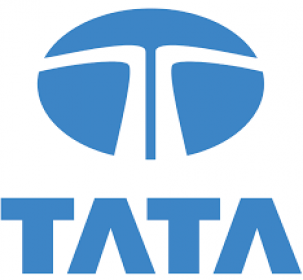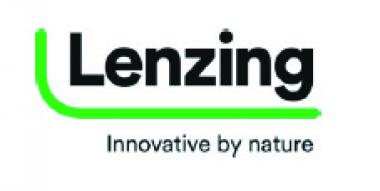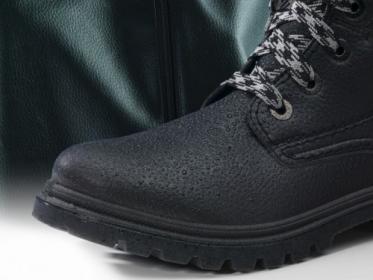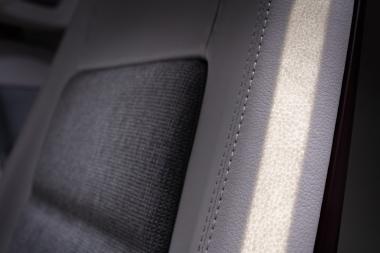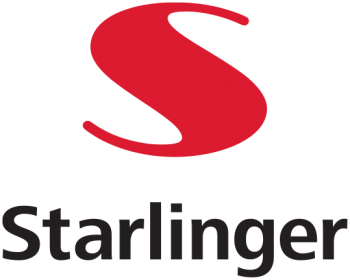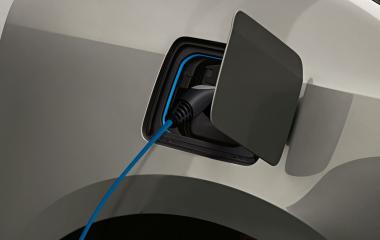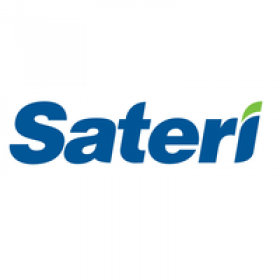Rieter Wins Patent Dispute in China
- Rieter protects its innovations and products with patents and registered designs.
The company takes consistent action against patent and design infringements. In mid-July 2020, in a legal dispute, the Shanghai Intellectual Property Court of the People’s Republic of China ruled in favor of Rieter Ingolstadt GmbH (Germany).
Rieter machines stand for outstanding quality, high operational safety, excellent performance and user-friendliness as well as unique design. In order to benefit from these characteristics, competitors copy the successful Rieter machine concepts and even adopt the coveted Rieter design.
Rieter protects its innovations by means of patents and registered designs. The company takes consistent action against companies that infringe Rieter patents or designs and copy products or machines. In 2018, Rieter registered design infringe-ments by Shenyang Hongda Textile Machinery Co., Ltd. in relation to double-head draw frames, and decided to file a lawsuit against the Chinese company.
In mid-July 2020, the Shanghai Intellectual Property Court of the People’s Republic of China determined that the double-head draw frames JWF1316 and JWF1316T of Shenyang Hongda Textile Machinery Co., Ltd. are similar to and fall within the scope of protection of the design patent concerned. The defendant Shenyang Hongda Textile Machinery Co., Ltd. was sentenced to compensate the plaintiff Rieter Ingolstadt GmbH for financial losses and expenses.






